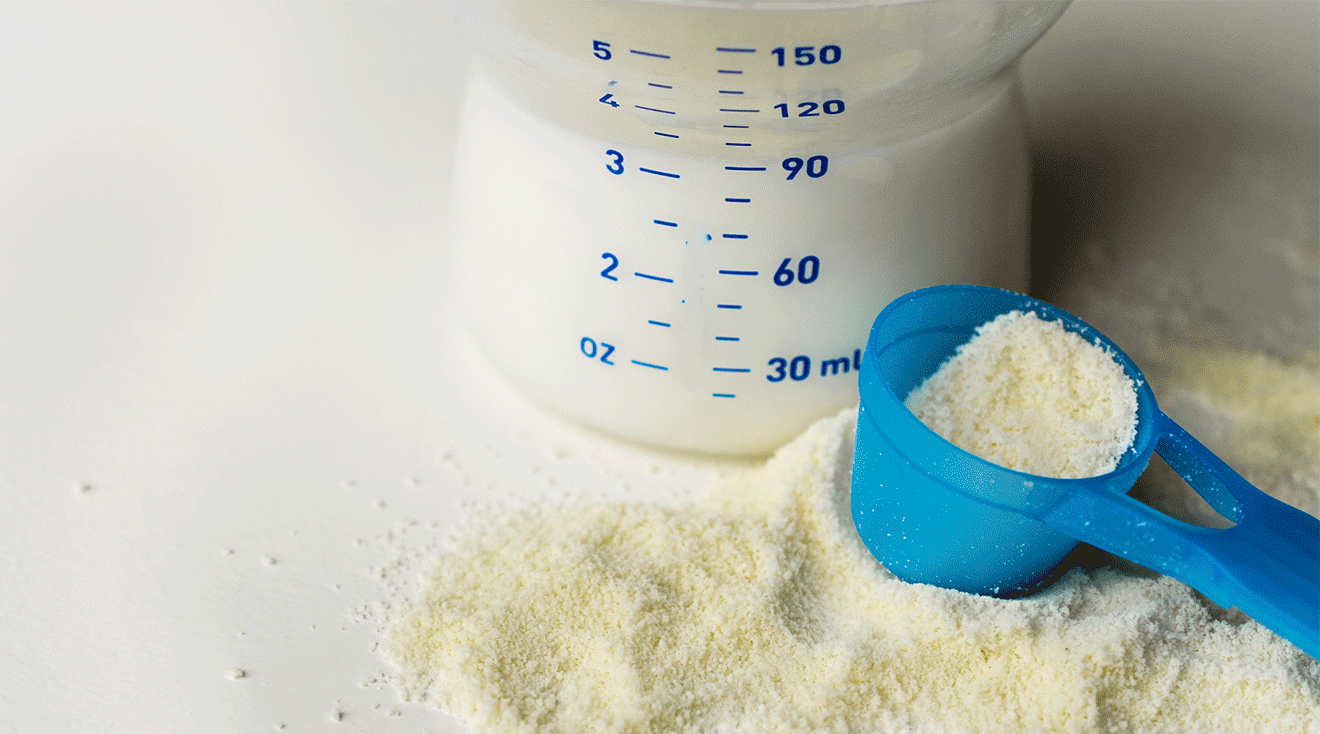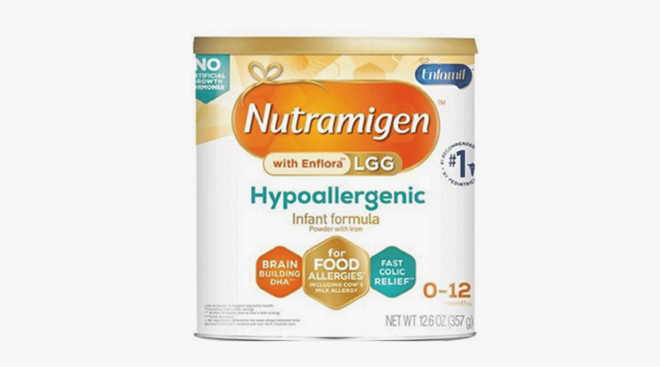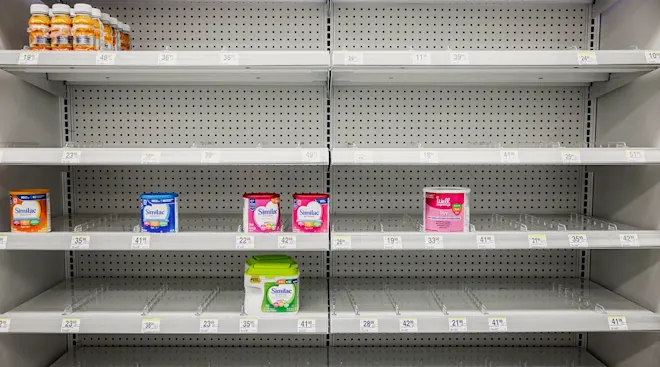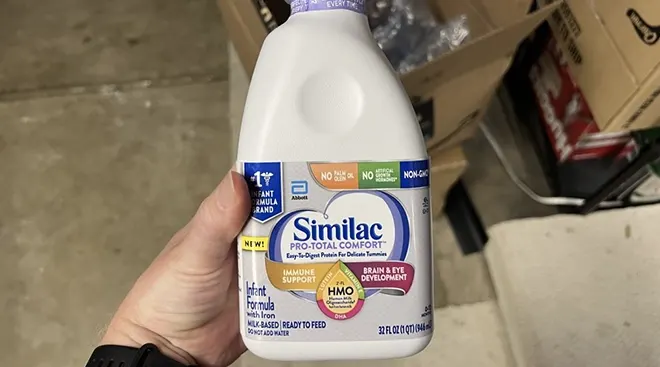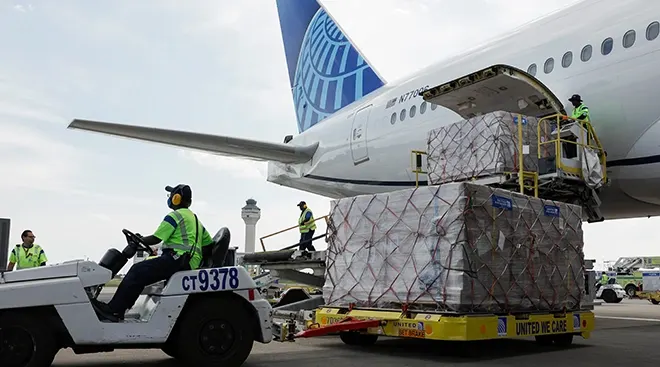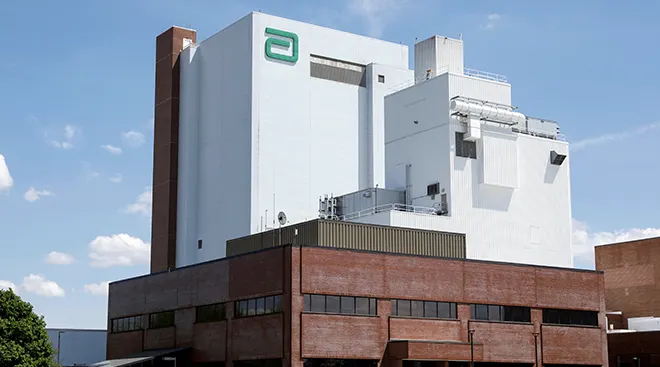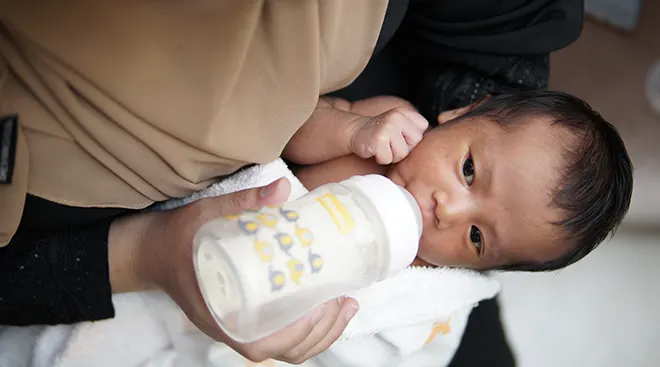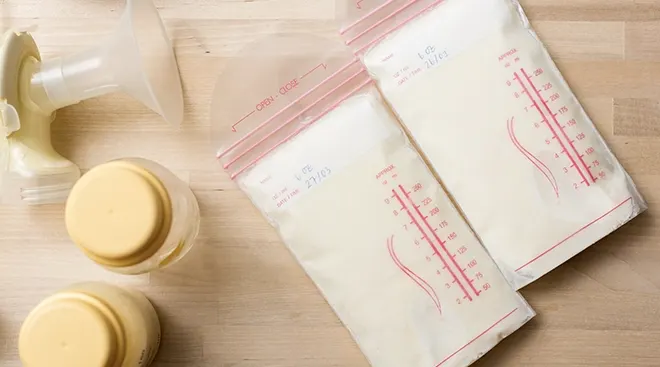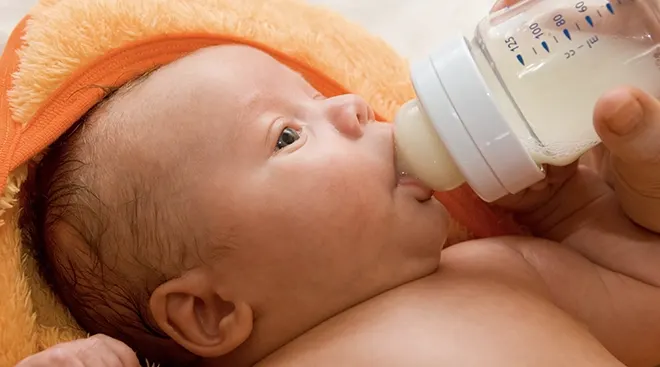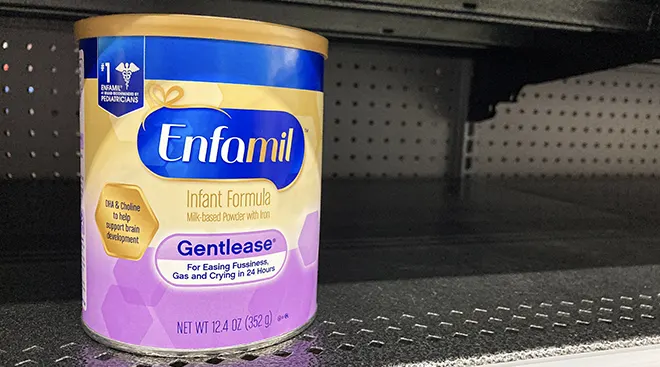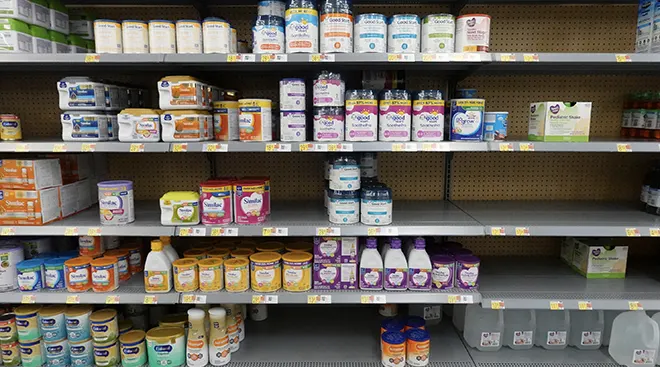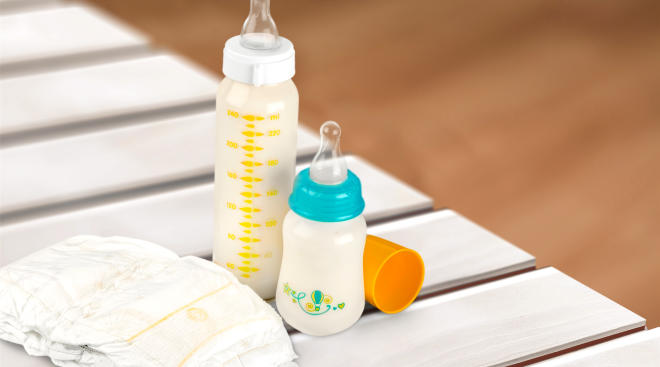New Test Could Quickly Identify Bacteria That Led to Formula Shortage
Two years after the identification of the Cronobacter sakazakii in an Abbott Nutrition plant sparked a massive recall and nationwide baby formula shortage, researchers have debuted a new test that could expedite the detection of the deadly bacteria.
Despite the increasing prevalence and life-threatening effects of Cronobacter sakazakii in babies, current detection methods are slow and require skilled personnel and expensive equipment. Researchers at the University of Birmingham believe there is a cheaper, quicker and overall better way to identify the bacteria.
In a study recently published in the journal Food Quality and Safety the team of scientists recently unveiled the structure for a novel bioinformatics-based detection kit for identifying Cronobacter sakazakii in powdered infant formula. The special test would use a computer program to find the bacteria in the formula enabling quicker detection, swift recalls and less dangerous formula cans hitting shelves.
While the test isn’t currently available for public use and there is still a need for additional research, the study’s authors are hopeful that their research could help create cheap and readily available Cronobacter sakazakii detection kits. In the conclusion of their study, the researchers posit that these kits “could enhance treatment options and accelerate decision-making, ultimately lowering death rates.”
Improved testing is just one facet of the global effort by researchers to guarantee safer formula for infants everywhere. Curious to know more? Explore the FDA’s multi-pronged strategy to prevent a recurrence of the 2022 formula shortage and learn how you can pick the best formula for baby’s needs.
Navigate forward to interact with the calendar and select a date. Press the question mark key to get the keyboard shortcuts for changing dates.

































